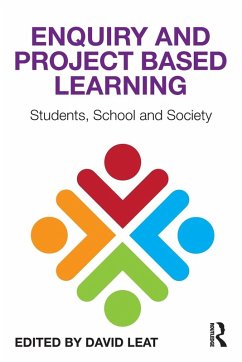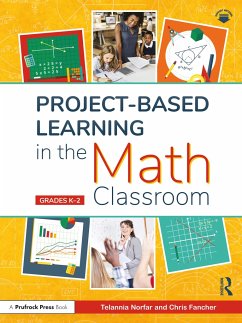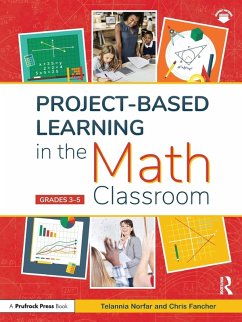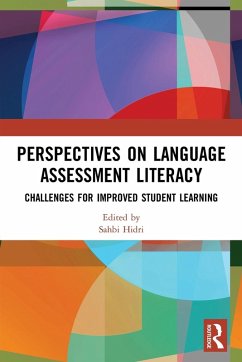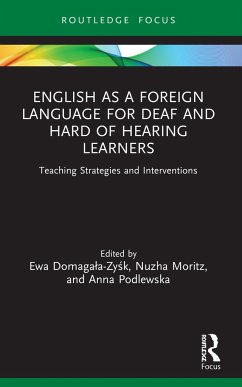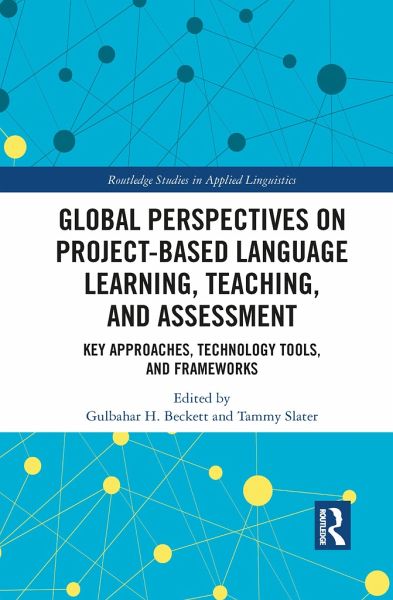
Global Perspectives on Project-Based Language Learning, Teaching, and Assessment
Key Approaches, Technology Tools, and Frameworks
Herausgegeben: Beckett, Gulbahar; Slater, Tammy
Versandkostenfrei!
Versandfertig in 6-10 Tagen
46,99 €
inkl. MwSt.
Weitere Ausgaben:

PAYBACK Punkte
23 °P sammeln!
This volume provides a comprehensive account of project-based language learning (PBLL) which showcases key theoretical approaches, empirical research, technological tools, and research-based frameworks to help further PBLL implementation and research. Taking its cue from the conclusions drawn from project-based learning more broadly, which point to the impact of project-based work on learning and development, discourse socialization, subject engagement, and collaborative skills, the book highlights how these discussions might be extended and enhanced within the context of language learning. Th...
This volume provides a comprehensive account of project-based language learning (PBLL) which showcases key theoretical approaches, empirical research, technological tools, and research-based frameworks to help further PBLL implementation and research. Taking its cue from the conclusions drawn from project-based learning more broadly, which point to the impact of project-based work on learning and development, discourse socialization, subject engagement, and collaborative skills, the book highlights how these discussions might be extended and enhanced within the context of language learning. The volume begins with discussions of philosophical and theoretical models of PBLL and is followed by case studies from contributors from a range of learning contexts and geographic regions which demonstrate these models in practice, with a focus on the implementation of technology in such instances. The book also introduces resources for aligning projects with government standards in the classroom but also frameworks for researching and assessing PBLL. This comprehensive collection is essential reading for students and researchers in language learning and teaching, language education, curriculum design, and applied linguistics.





